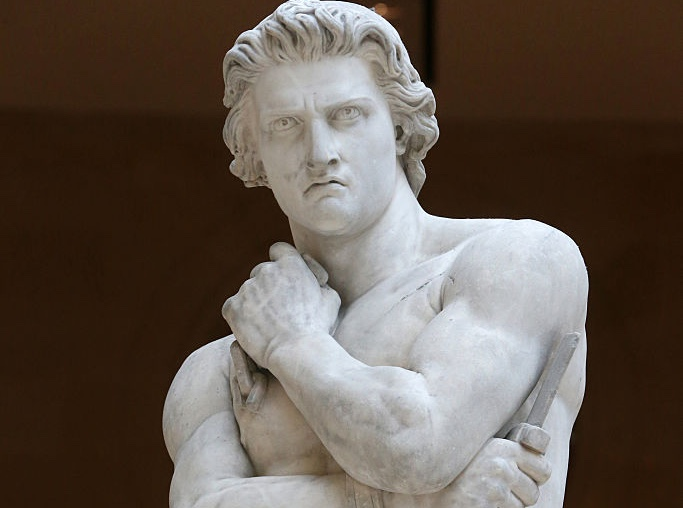In 73 BC, deep in the shadow of Mount Vesuvius, a Thracian gladiator named Spartacus broke free from the chains of slavery and ignited one of the most famous uprisings in ancient history. What began with a daring escape involving just 70 fellow slaves would grow into a full-scale rebellion that challenged the might of the Roman Republic. Spartacus wasn’t a king or a general by birth but through sheer determination and tactical genius, he became both.
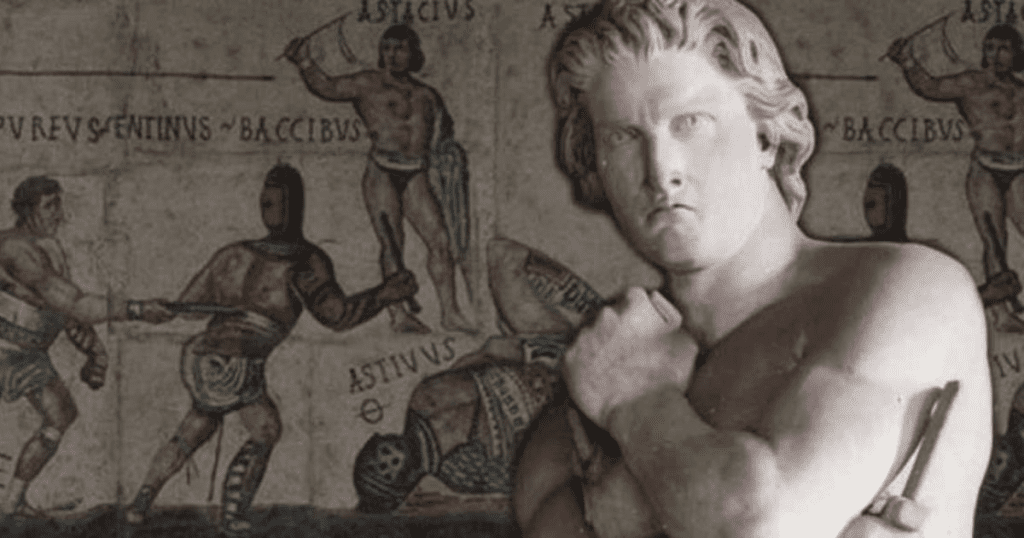
A Fighter Born of Chains
Spartacus had once served as a soldier in the Roman army, but after falling out of favor or possibly being captured in battle he was sold into slavery and trained as a gladiator in Capua. Brutal, dehumanizing, and deadly, life as a gladiator offered little hope of survival, let alone escape. But Spartacus wasn’t content to die for the amusement of others.
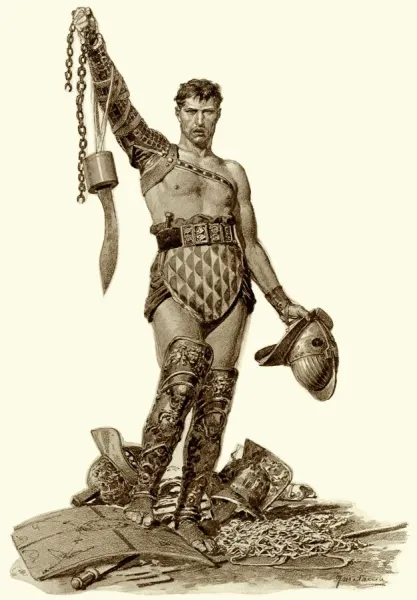
In 73 BC, alongside about 70 other slaves, Spartacus pulled off an incredible breakout from the gladiator school. Using kitchen tools and makeshift weapons, they fought their way out and fled to the slopes of Mount Vesuvius. There, they crafted vine ropes to scale down the cliffs and evade Roman forces, marking the start of a revolt that would shake Rome to its core.
Video:
From enslavement to rebel gladiator: The life of Spartacus – Fiona Radford
Turning Slaves Into Soldiers
What followed was nothing short of remarkable. Spartacus quickly proved himself not just a fierce warrior, but a brilliant strategist. Under his leadership, the group of escaped slaves grew rapidly. Within months, the ragtag band had swelled to an army of over 70,000 men and women many of them enslaved people eager for freedom.
Spartacus led with both passion and purpose. He understood the terrain, used guerrilla tactics, and repeatedly outmaneuvered Roman legions. His forces won battle after battle, capturing weapons, food, and horses. At one point, they were strong enough to march toward Rome itself, though Spartacus eventually turned south possibly aiming to cross the Alps and disperse his followers to freedom.
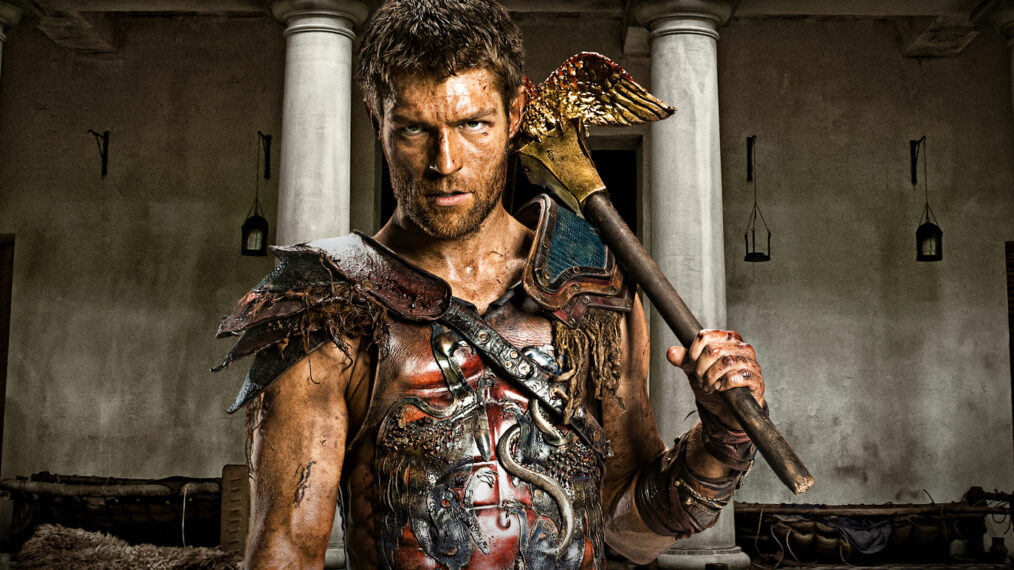
The Roman Response
Rome, embarrassed by its inability to quickly crush what it saw as a slave revolt, finally sent one of its most capable generals: Marcus Licinius Crassus. Crassus brought discipline and brutality. He reinstated ancient punishments like decimation killing every tenth man in a unit to keep his troops in line.
Video:
Spartacus Kills Batiatus – Kill Them All
Though Spartacus’ forces remained formidable, cracks began to show. Internal divisions, strategic disagreements, and sheer exhaustion took their toll. In 71 BC, the decisive clash came. Spartacus and his army fought valiantly, but they were ultimately overwhelmed by Crassus’ legions. Spartacus was killed in battle, though his body was never found. Over 6,000 of his followers were crucified along the Appian Way as a warning to others.
A Legacy That Endures
Spartacus may have lost the war, but he won something far greater: immortality. His rebellion exposed the deep injustices of Rome’s slave-based economy and remains a symbol of resistance against oppression. Over 2,000 years later, his name still evokes courage, defiance, and the fight for freedom.
From historians to filmmakers, his story has been retold countless times. But no retelling can quite capture the audacity of a man who, born into bondage, dared to stand up to the most powerful empire of his time and almost won.
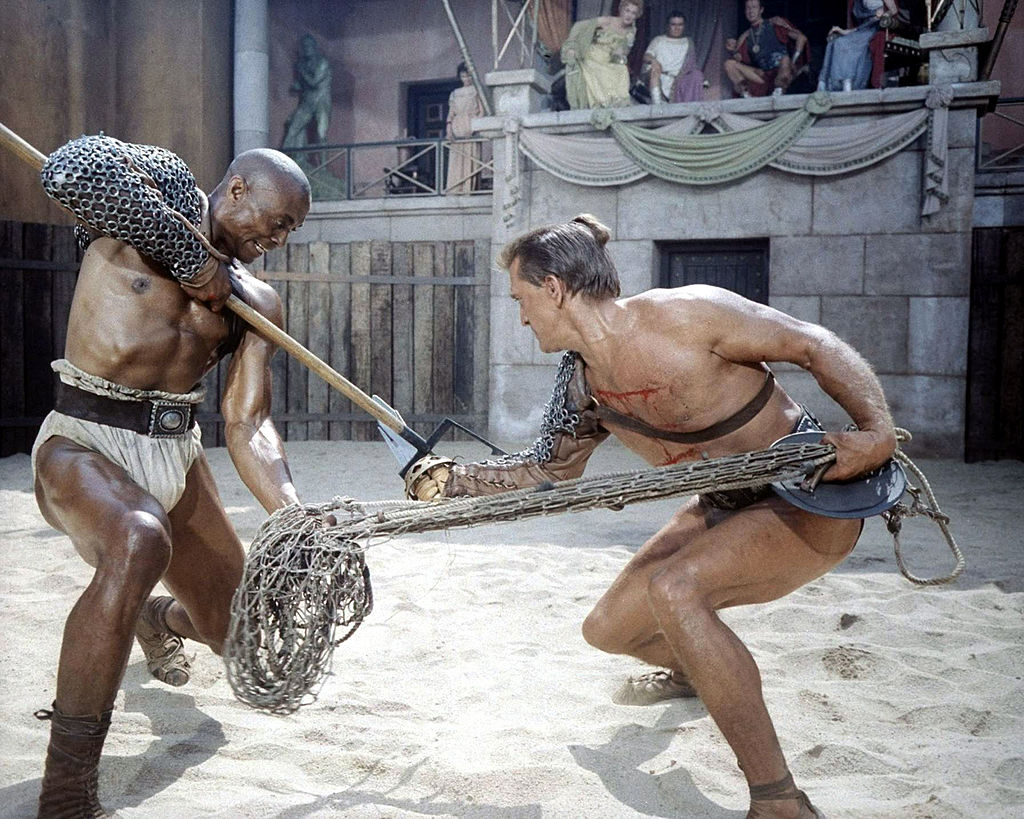
The Eternal Rebel
Spartacus was more than a gladiator he was a visionary leader who proved that even the most downtrodden could rise, organize, and fight back. He didn’t just battle Roman legions; he battled the very idea that some people are born to rule while others are born to serve.
His life reminds us that the desire for freedom is universal, and that even in the darkest times, the spark of rebellion can light a fire that endures for centuries.
